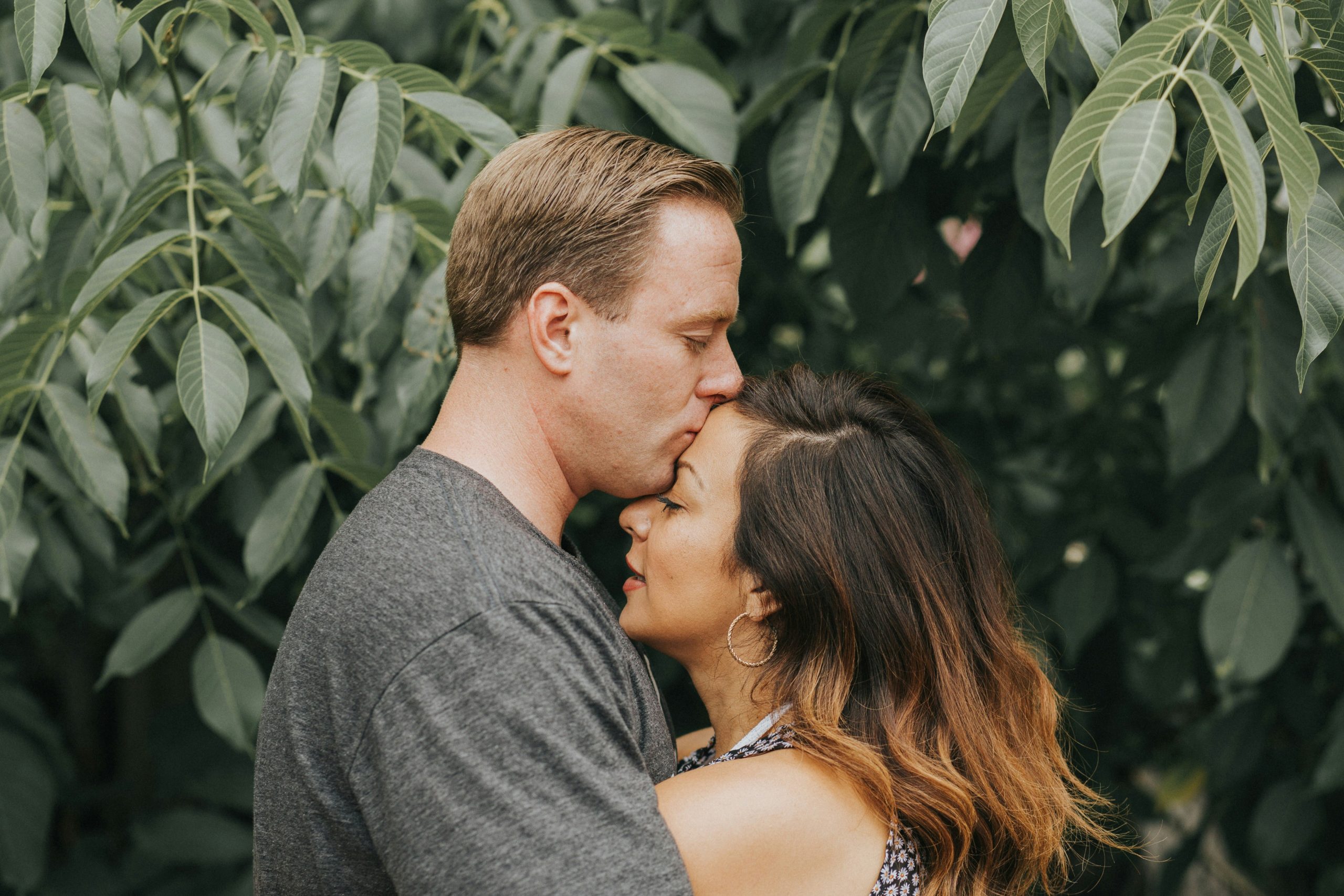Relational trauma occurs when significant relationships—often early in life—are marked by chronic emotional pain, inconsistency, or neglect. Unlike a single traumatic event, relational trauma is typically the result of prolonged exposure to harmful or dysfunctional interpersonal patterns within relationships that are meant to provide safety and love, such as those with parents, caregivers, or romantic partners. This type of trauma impacts a person’s ability to feel safe, trust others, and develop a stable sense of self, often leading to challenges in future relationships.
Key Influences and Theorists
Attachment Theory: Founded by John Bowlby and later expanded by Mary Ainsworth, attachment theory posits that early bonds with caregivers shape our emotional and relational development. Secure attachment fosters trust and resilience, while insecure attachment—often the result of inconsistent or harmful caregiving—can contribute to relational trauma. Those with anxious or avoidant attachment styles often struggle in relationships due to these early disruptions.
Object Relations Theory: Donald Winnicott and Melanie Klein are foundational figures in object relations theory, which emphasizes the role of early relationships in shaping one’s internal world. According to this theory, relational trauma can disrupt the formation of a stable, positive self-image, leaving individuals feeling unworthy or defective in relationships.
Complex Trauma (C-PTSD): Judith Herman and Bessel van der Kolk are prominent voices in complex trauma. They highlight how prolonged exposure to relational trauma can lead to Complex Post-Traumatic Stress Disorder (C-PTSD), which encompasses symptoms beyond those of traditional PTSD, including difficulty with emotional regulation, self-perception, and relationship stability.
Relational Psychoanalysis: Developed by theorists like Stephen Mitchell and Jessica Benjamin, relational psychoanalysis emphasizes that trauma is not just about internal dynamics but also about how one’s interactions with others reinforce or heal these internal wounds. The theory posits that healing from relational trauma requires safe, corrective relationships that allow for growth and trust.
Signs of Relational Trauma
Relational trauma manifests differently for each person, but common signs include:
1. Difficulty Trusting Others: People with relational trauma often struggle to trust others, fearing betrayal or abandonment. They may feel hypervigilant, constantly anticipating harm, or, conversely, they may struggle to open up in relationships altogether.
2. Fear of Abandonment and Rejection: This fear can lead to clingy, dependent behaviors in relationships or preemptively pushing others away to avoid the pain of rejection. Often, relational trauma survivors feel an intense need for reassurance but may still feel anxious even when reassurance is provided.
3. Inconsistent Boundaries: Individuals with relational trauma may have difficulty setting and maintaining healthy boundaries. They may either allow others to overstep their limits (porous boundaries) or wall themselves off entirely (rigid boundaries), which can create relational strain.
4. Low Self-Worth and Self-Criticism: Relational trauma can impact one’s sense of self-worth, leading to feelings of inadequacy and shame. Survivors might internalize the belief that they are unworthy of love, which fuels negative self-talk and self-sabotaging behaviors.
5. Emotional Dysregulation: Many people with relational trauma experience heightened emotional responses, such as sudden anger, overwhelming sadness, or intense anxiety. This is often due to a hypersensitive stress response system, a common effect of trauma.
6. Difficulty with Intimacy: Relational trauma can create barriers to forming deep, meaningful connections. Survivors may experience intimacy as risky or overwhelming, causing them to oscillate between craving closeness and avoiding it to protect themselves from potential pain.
7. Repetitive Relational Patterns: Often, individuals with relational trauma unconsciously seek out relationships that mirror early traumatic dynamics. This could mean forming attachments to partners who are emotionally unavailable, critical, or even abusive, as these dynamics feel familiar, albeit painful.
Healing Relational Trauma
Healing from relational trauma requires developing safe and nurturing connections, often through therapeutic relationships, which allow individuals to explore and challenge their relational patterns in a non-judgmental environment. Therapies that are especially effective for relational trauma include:
- Attachment-Based Therapy: Focuses on understanding and healing attachment wounds.
- Internal Family Systems (IFS): Helps clients understand and heal their “inner family” of different parts, especially those with trauma.
- Somatic Experiencing: Addresses trauma stored in the body, helping clients learn to regulate their nervous systems.
- Dialectical Behavior Therapy (DBT): Teaches skills for emotional regulation, distress tolerance, and interpersonal effectiveness, which help build stable relationships.
Relational trauma can feel overwhelming, but with the right support, individuals can work through these patterns, establishing healthier, more fulfilling relationships.


